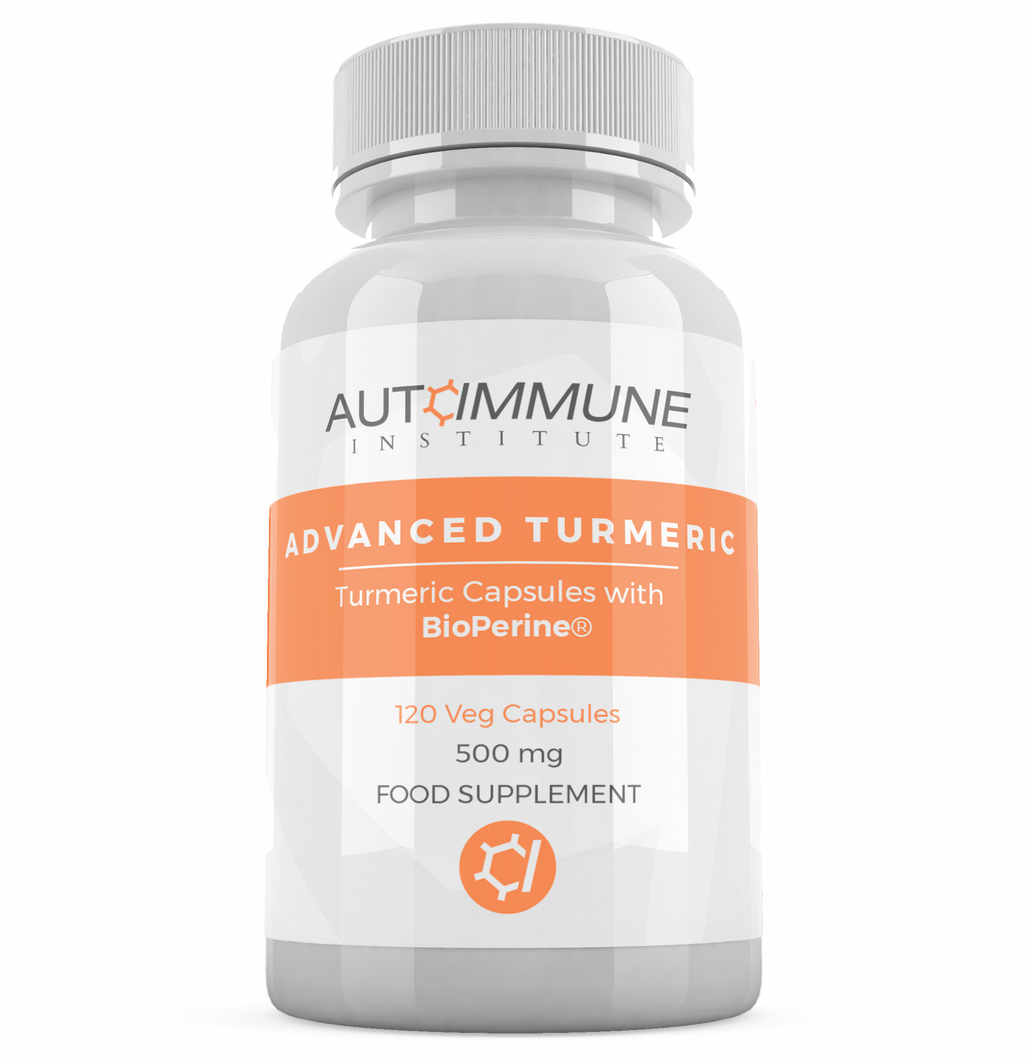- Health Solutions
- All Products
- Ultra Maca *NEW*
- Advanced Collagen V2
- Advanced D3 + K2
- Advanced Deep Sleep
- Advanced Digestives
- Advanced Fish Oil (Capsules)
- Advanced Glucosamine / Chondroitin Complex
- Advanced Lotus Spike Acupressure Mat
- Advanced Magnesium
- Advanced Multi
- Advanced Turmeric
- Advanced Vitality
- Prime FemFlow
- Pure BeeComplex
- Pure Bowel Relief
- Pure Flora V2
- Pure MetaBoost
- Pure Rest + Reset
- Ultra ProSupport
- Gift Cards
- Support
- Sign in
Energy 101
Do you struggle with fatigue at all?
Many people often shrug it off as just a thing that comes with age but it is possible to stay full of life as you get older.
Of course, its normal to have some days where you feel a bit more tired than others – there will always be ups and downs – but frequently low energy levels can have a huge effect on daily life and impact relationships, work, happiness and much more.
Our main sources of energy come from the food (calories) that we eat…
Carbohydrates are generally the body’s preferred energy source, but the fats and proteins that we eat also play a part.
It doesn’t just come down though to eating plenty of calories though.
They are important but not the only thing.
The energy that you will have after eating a Big Mac and Fries, for example, is much lower than you would have from eating a much healthier, more nutritious meal of equal calories.
That’s because nutrients also play a part – your body needs a variety of vitamins and minerals to support all the functions that it needs to perform, including providing you with sufficient levels of energy.
There are many other factors that play a part too; dehydration, inflammation (meaning nutrients you do consume aren’t properly absorbed, poor gut health, poor sleep, overworking / over-exercising, infections, toxin exposure, stress, hormonal imbalances and more are all factors.
It’s probably worth adding at this point that that’s not an exhaustive list and you should consult your GP if concerned – things like anaemia and thyroid issues for example can play a part too.
You aren’t helpless here though – here’s some simple tips to improve your energy …
1. Make sure eat a nutrient dense, quality diet, primarily consisting of unprocessed foods
2. Aim to get good quality unbroken sleep (when possible). This is preferably somewhere in the range of 7-9 hours per night for most people (some can get by on less but those people aren’t the majority)
3. When you are fatigued the last thing you want to be doing is staying active or doing some form of exercise but it can often help. You don’t have to go crazy (and certainly don’t overdo it), but regular walks or a short workout can work wonders – movement creates energy!
4. Certain vitamins are important for energy levels and you need to get these through diet or supplementation. B vitamins, for example, help to support a reduction in tiredness and fatigue. They are found mainly in foods such as meat, fish and eggs. We also include them in high amounts (because of their importance) in our Advanced Multi.
5. Vitamin C is another important vitamin for energy levels (and much more). You get this from fruit and veg especially but it’s also included in high amounts in our Advanced Vitality, as well as the Advanced Multi and others.
6. Even mild dehydration can have a devastating effect on energy levels. If you aren’t drinking enough fluid each day (coffee and alcohol don’t count) then you simply won’t have as much energy as you could have. So make sure you drink enough water!
7. Magnesium is involved in over 300 different processes in the body. It is an absolutely crucial mineral that unfortunately many people are deficient in. We can get it from the diet but due to changes in farming methods that is increasingly difficult to do. Chronic stress, exercise and more will also deplete our magnesium levels. One of the benefits is it helps support a reduction in tiredness and fatigue, so supplementation is often beneficial – click here to check out our Advanced Magnesium.
We know how crippling chronic fatigue can be so hopefully this information helps.
To save on some of the above mentioned products with our Energy Boosting Bundle then visit https://autoimmuneinstitute.com/pages/energy-bundle
Speak soon,
Greg
Follow
* Results Not Typical. All discussion about results on this website are based on individual findings where each circumstance is completely unique and may not be similar or the same as you. These products are not intended to diagnose, treat, cure or prevent any disease. The information on this Web site or in emails is designed for educational purposes only. It is not intended to be a substitute for informed medical advice or care. You should not use this information to diagnose or treat any health problems or illnesses without consulting your doctor.- Products
- Search
- Contact
- Privacy Policy
- Website Terms
- Wholesale
- Ambassador Programme
- Login
- Shipping & Return Policy
© 2025 Autoimmune Institute.
71-75 Shelton Street Covent Garden, London WC2H 9JQ United Kingdom. Wellness Autoimmune Ltd. All rights reserved.





